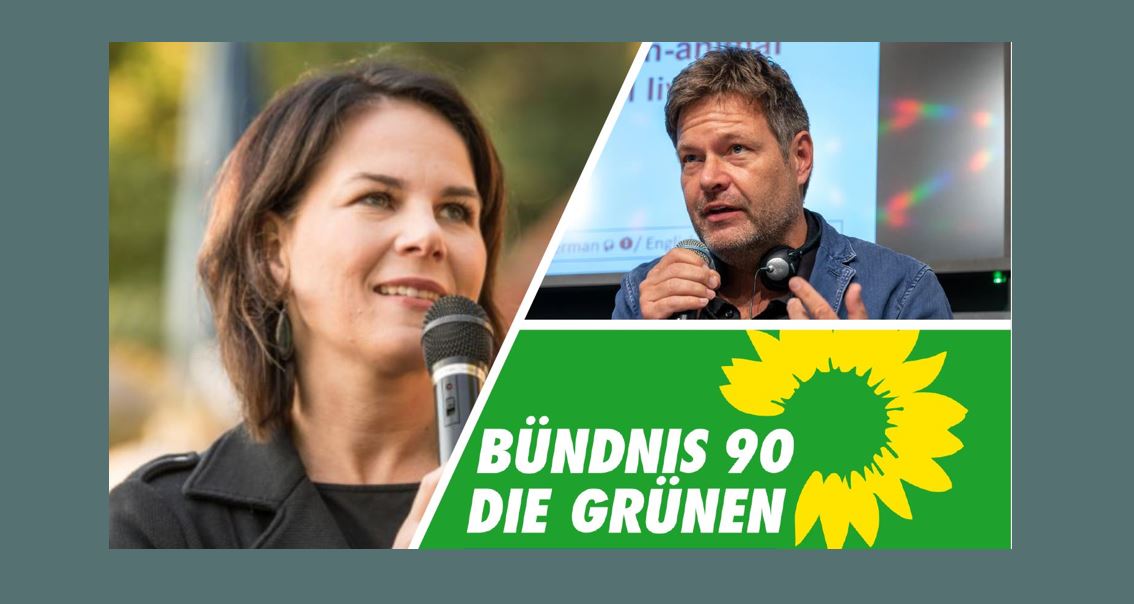The German Green Party, a new People's Party?
In the context of increasing awareness of the climate crisis, environmental parties across the EU obtained high scores in the European elections of May 2019, reaching 20% in Germany, 17% in Ireland, 16% in Finland and 13 % in France. Meanwhile, far-right parties gained strength.

In a political landscape marked by the erosion of the social base of the major traditional parties — the “Volksparteien” — and by greater voter volatility, Bündnis 90/Die Grünen openly aimed for the Federal Chancellery. Led by the charismatic duo of Baerbock and Habeck, the party is currently credited with a poll score of 20% and seeks to embody a new political realism in the center of the political spectrum. Taking into account the upcoming super electoral year of 2021 as well as the ongoing pandemic which has been laying bare the main challenges of the 21st century, this article proposes to shed light on the main transformations this former protest party has undergone and, on the impact, its governmental ambition is having on its base, its program and its political strategy.
Annette Lensing is a Senior Lecturer of German Studies at the Caen-Normandie University and a Member of the Study Group on Literature, Imagination and Society (EA 4254), in the frame of which she leads the Study Program on cultural and political concepts of nature.
This publication is available in French: "Les Verts allemands, un nouveau parti de rassemblement ?" (pdf)




